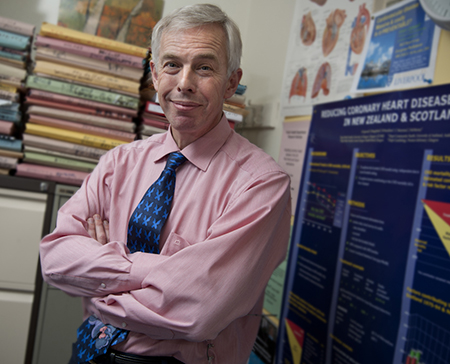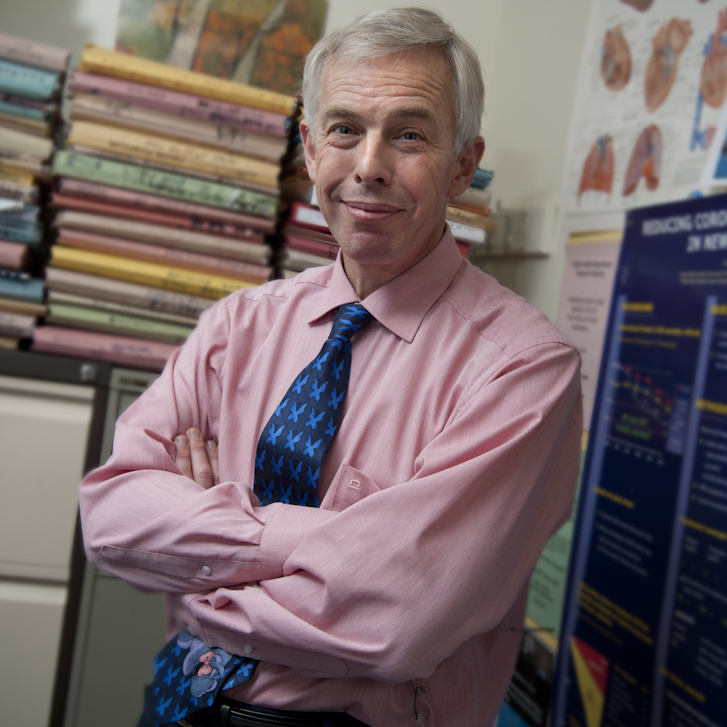Simon Capewell is Professor of Clinical Epidemiology in the University of Liverpool’s Institute of Psychology Health and Society
“The government U-turn on alcohol policy is a blow for public health in Liverpool and across the UK.
It ignores a mass of scientific evidence, and simply panders to corporate commercial interests. Our colleagues in the scientific and health communities are appalled.
Major concerns
Leading bodies including The UK Health Forum , Cancer Research UK, and the Faculty of Public Health have expressed major concerns about the government dropping of the minimum unit pricing policy. They have taken the huge step of withdrawing from the alcohol network of the Responsibility Deal.
We are equally disappointed that despite the wealth of good evidence that minimum unit pricing (MUP) is not in the Government’s alcohol strategy. It would save many lives without penalising moderate drinkers. Furthermore, the politicians’ excuse about “not punishing the hard worker” who can afford few other pleasures than a pint of mild is a red herring.
It is our most deprived communities in Liverpool and across the UK who pay the highest price for cheap alcohol through the consequences of street crime, violence and younger people developing alcohol-related health problems.
A ban just on below cost sales will be ineffective. It will influence the price of just 1% of drinks not sold in bars or pubs (off trade). This is a fraction of the impact of a minimum unit price for alcohol, which would be much more powerful and beneficial.
The Government is choosing instead to give the drinks industry yet another opportunity to ‘show what it can do’ on a voluntary basis, through the (much criticised) Government’s Responsibility Deal. This approach in isolation will have minimum benefit. It was meant to complement a more comprehensive public health policy, not be a cosmetic and tokenistic substitute.
Completely at odds with Responsibility Deal
It is very clear that MUP has fallen victim to a concerted and shameful campaign of lobbying by sections of the drinks industry who are putting profits before health and public safety. The actions of those companies and trade organisations undermine the efforts of public interest advocates and NGOs, and are completely at odds with the objectives and purpose of the Responsibility Deal. It is thus hardly surprising that all the important UK health bodies and charities have withdrawn from the Responsibility Deal Alcohol Network.
We need a government that is genuine about protecting the public and promoting health, rather than supporting friends in the alcohol and tobacco industries.”

